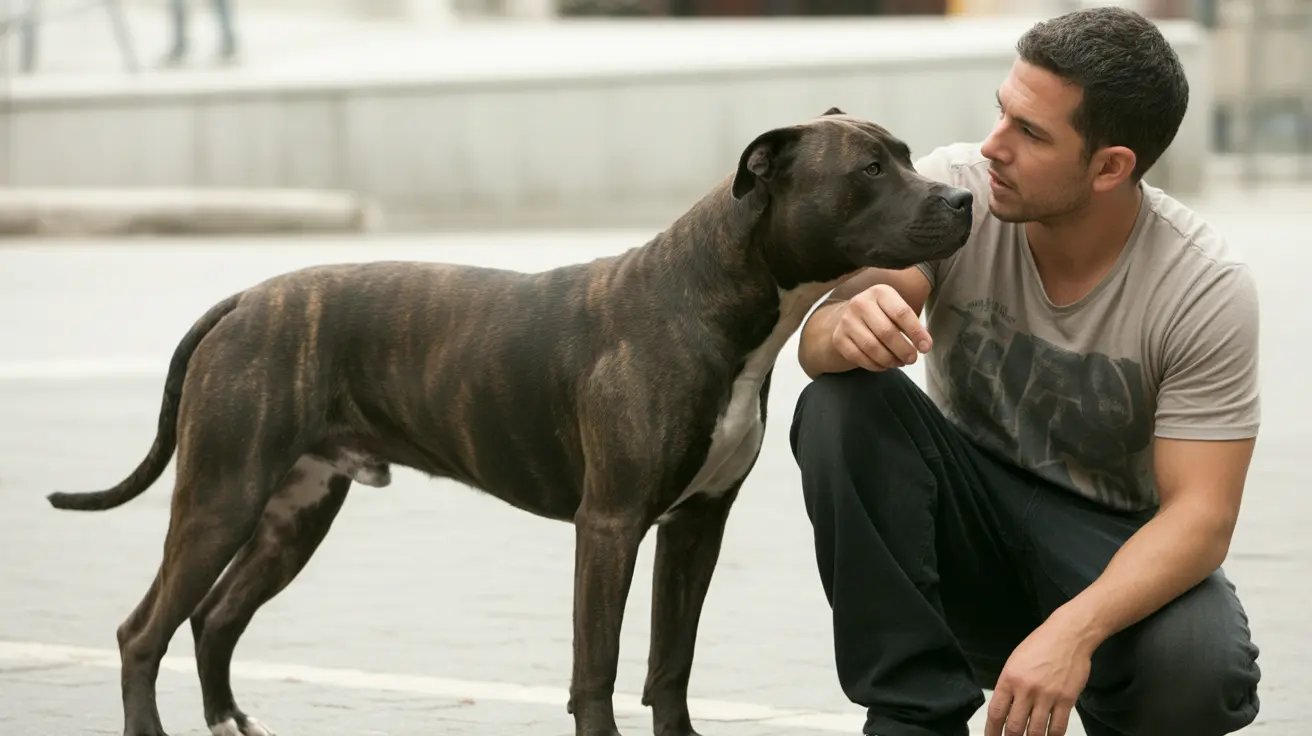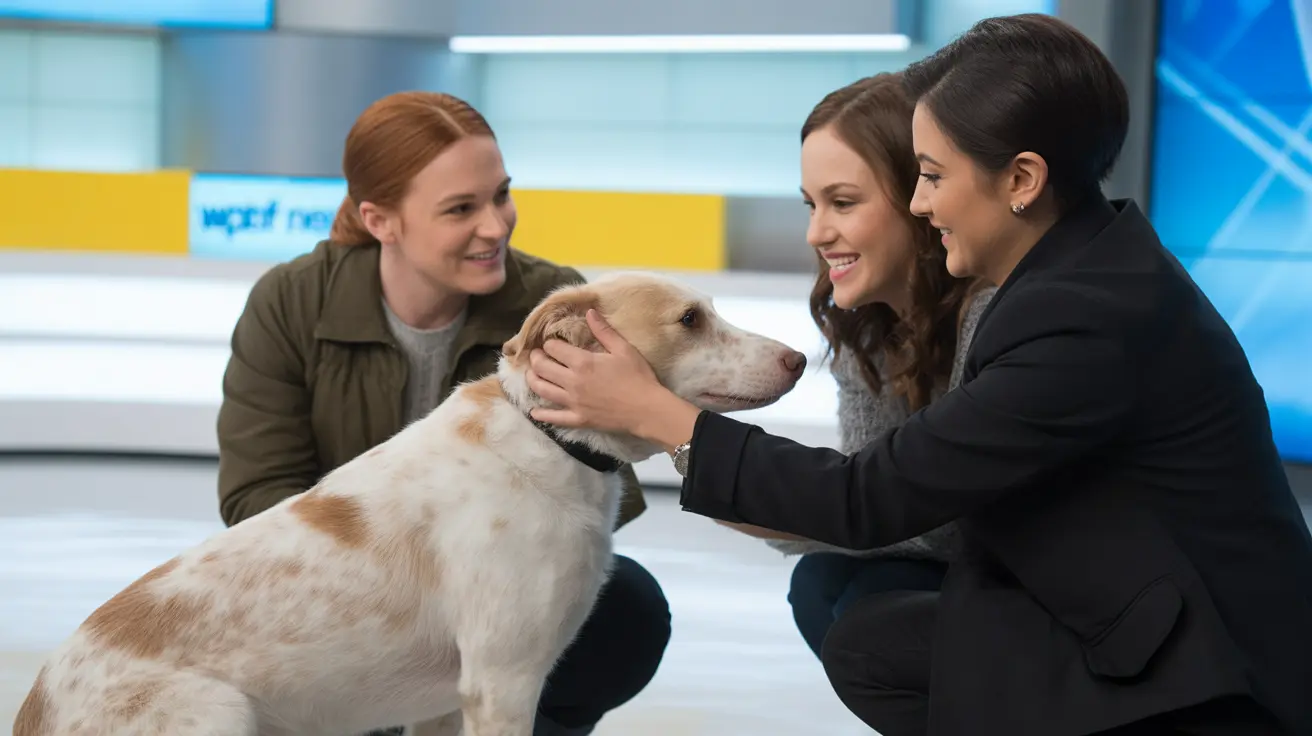Why Do Dogs Howl? Understanding the Reasons Behind Canine Vocalization
Dogs have a fascinating way of making themselves heard, and howling is one of their most expressive forms of communication. While barking might be what you hear most often, a dog's howl carries a different meaning—one that's deeply rooted in their ancestry and shaped by their relationship with humans.
The Ancestral Roots of Howling
Howling isn't just random noise; it's a behavior inherited from wolves. In the wild, wolves use howls to stay in touch over long distances, mark territory, and coordinate group activities like hunting. When one wolf starts howling, others often join in—a chorus that strengthens social bonds within the pack.
Domestic dogs have retained these instincts but adapted them to fit life with humans. While they may not need to organize hunts or defend vast territories anymore, the urge to howl remains strong in many breeds.
Common Reasons Dogs Howl
- Responding to High-Pitched Sounds: Sirens, musical instruments, alarms, or even another dog’s howl can set off your dog’s vocal cords. Usually, the howling stops as soon as the sound fades.
- Seeking Attention: Some dogs quickly learn that howling gets them noticed by people—whether it’s a positive or negative reaction. If you want less howling for attention, ignore it and reward your dog when they’re quiet.
- Announcing Location: Dogs may howl after being separated from their family or other dogs. It’s their way of saying “I’m here!”—a throwback to pack life where members needed to find each other.
- Marking Territory: A howl can serve as a warning: this spot is taken! Dogs sometimes use this vocalization to tell other dogs that an area has already been claimed.
You’ll also see howling when emotions run high. Loneliness, excitement, happiness, distress, or anxiety can all trigger this behavior. For example, if your dog howls while you’re away—and maybe leaves behind chewed furniture or little “surprises”—they could be struggling with separation anxiety.
Howling as a Response to Discomfort or Environmental Changes
If your normally quiet dog suddenly starts howling more than usual, pay attention—it could indicate pain or illness. Sometimes howling acts as an alert if they sense something unusual or threatening nearby. And don’t be surprised if your dog mimics you; some will even join in if you start howling yourself (it’s their way of bonding).
The Role of Breed and Social Influence
Certain breeds are simply more prone to howling than others. Huskies, Malamutes, American Eskimo Dogs, Chow Chows, Basenjis, and some hounds tend to let loose more often—especially when triggered by sirens or other dogs’ howls. Other breeds have been bred more for barking than for howling.
- A single dog's howl can spark a chain reaction among nearby dogs—a contagious event reminiscent of wolf packs in the wild.
If Howling Signals Distress
If your dog’s howling seems linked to being left alone (and comes with destructive behavior or accidents), they may be experiencing separation anxiety. Techniques like systematic desensitization and counterconditioning—or help from a professional trainer—can make a big difference.
Managing Excessive Howling
- Avoid scolding or punishing your dog for howling; negative attention can reinforce anxious behaviors.
- Reward calm and quiet moments instead.
You might also try providing more exercise and mental stimulation or leaving on calming music when you’re out. For especially social dogs who struggle with solitude, shorter absences—or help from walkers and sitters—can ease their anxiety.
The Meaning Behind the Howl
Your dog's howl is more than just noise; it's communication shaped by centuries of evolution and adaptation. Whether they're seeking attention, marking territory, expressing emotion, responding to sounds—or simply echoing their wild ancestors—they're sharing something important with you and the world around them.





